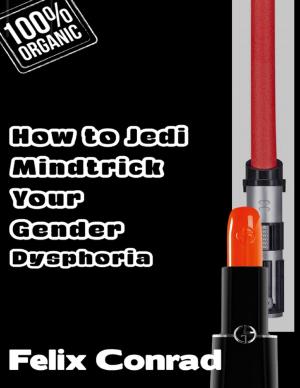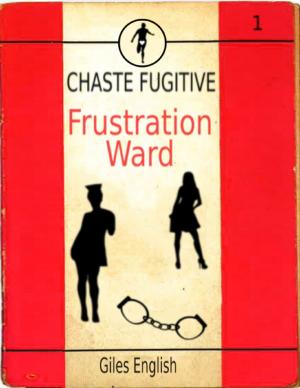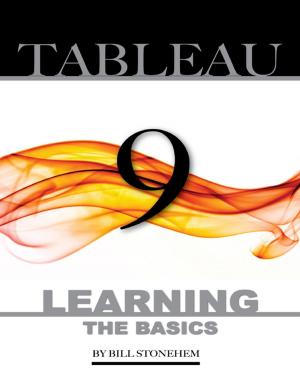Ludoliteracy: Defining Understanding and Supporting Games Education
Nonfiction, Reference & Language, Education & Teaching, Teaching, Computers & Technology| Author: | Jose P. Zagal | ISBN: | 9780557277919 |
| Publisher: | Lulu | Publication: | July 1, 2010 |
| Imprint: | ETC Press | Language: | English |
| Author: | Jose P. Zagal |
| ISBN: | 9780557277919 |
| Publisher: | Lulu |
| Publication: | July 1, 2010 |
| Imprint: | ETC Press |
| Language: | English |
It seems like teaching about games should be easy. After all students enjoy engaging with course content and have extensive experience with videogames. However games education can be surprisingly complex. This book explores ludoliteracy or the question of what it means to understand games by looking at the challenges and problems faced by students taking games-related classes. In response to these challenges this book then describes how online learning environments can be used to support learning about games by helping students get more from their experiences with games and helping students use what they know to establish deeper understanding. Based on the findings from a series of research studies Ludoliteracy examines the broader implications for supporting games education.
It seems like teaching about games should be easy. After all students enjoy engaging with course content and have extensive experience with videogames. However games education can be surprisingly complex. This book explores ludoliteracy or the question of what it means to understand games by looking at the challenges and problems faced by students taking games-related classes. In response to these challenges this book then describes how online learning environments can be used to support learning about games by helping students get more from their experiences with games and helping students use what they know to establish deeper understanding. Based on the findings from a series of research studies Ludoliteracy examines the broader implications for supporting games education.















